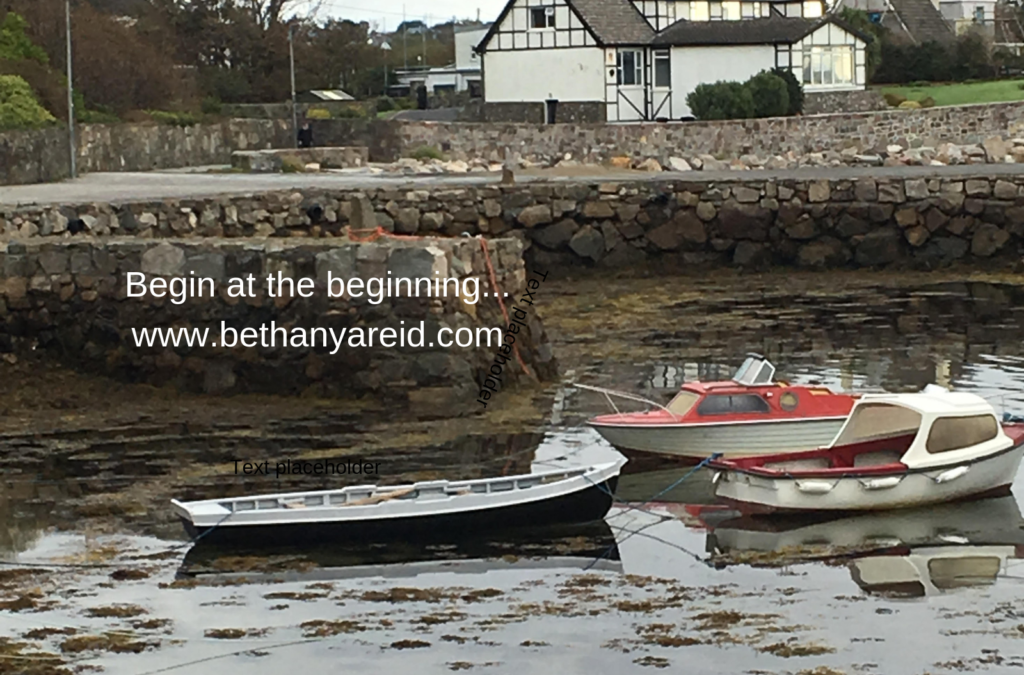Begin at the Beginning
“Beginnings are times of grandiose dreams of escape, success, change, and possibilities. This is true not only for the protagonist of your story, but also for you.” –Martha Alderson, The Plot Whisperer (25)
 Maybe you’ve heard this before, as I seem to see it everywhere lately:
Maybe you’ve heard this before, as I seem to see it everywhere lately:
The first step to getting out of prison is to know that you are in prison.
Substitute any situation you feel trapped in–your extra 30 pounds, your stack of unfilled blank notebooks that you thought would inspire you to write, the relationship that hurts more than it helps, your extremely unhelpful attitude about ______. Whatever your prison is, no amount of shovels or ladders or files-baked-into-cakes will get you out if you haven’t looked around and become 100% conscious of where you are and how you got there.
In a novel, the beginning is sometimes called “the ordinary world” (See Joseph Campbell’s hero’s journey.) It might take up as much as the first quarter of a novel, which is utterly necessary if readers are to understand the main character’s subsequent transformation.
But if there is to be a book, a story with not only a beginning but a middle and an end, the characters can’t stay where they are.
In your own life, too, the next step to beginning is re-imagine your present circumstances as the place you set out from, your launching pad, your sturdy ground on which to set your ladder, the dock where you untie your boat and push away.
That’s what I’m thinking about today. Where am I now? Where do I go next?


